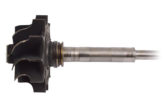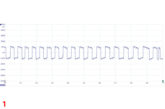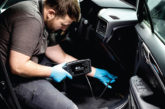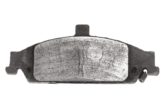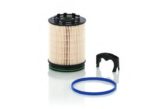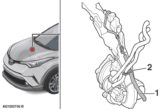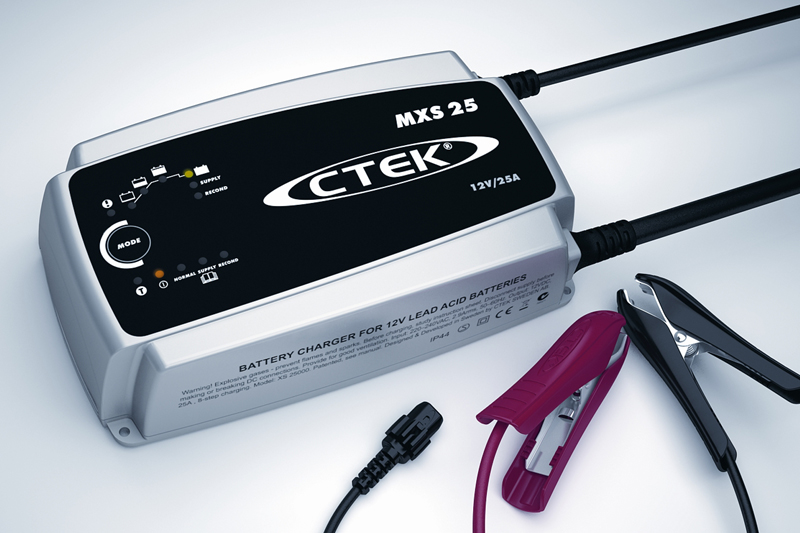
CTEK explains why effective battery management all year round is essential for the well-being of both the battery and the workshop’s reputation.
The performance and lifespan of lead-acid batteries is seriously inhibited when exposed to temperature extremes, so you should never ignore the effects that warmer temperatures can have on the battery. It’s easy to forget the battery during the warmer summer months because it doesn’t have to work as hard to get the vehicle started, but as soon as the autumn/winter months start it could be game over for a vehicle battery. And, if it’s just left your workshop, you could be left carrying the can.
In the UK, around 1 in 4 vehicles arriving in workshops have a battery related problem. These problems won’t necessarily result in battery failure in the workshop but this is something that may strike after the vehicle has left the premises – potentially damaging workshop reputation.
During the summer months there are different challenges to those encountered during the winter months that workshops need to be mindful of:
Drying out
Modern ‘maintenance free’ batteries can easily dry out and/or the plates could become damaged, a common problem with batteries that are left attached to an old technology trickle type charger or are connected to a charger that is too powerful for the battery.
Overheating
Delivering an uncontrolled charge risks fluid loss through overheating or ‘boiling’, the battery will become unusable due to dried-out cells – if ambient temperatures go above 25 degrees celcius and above, batteries should be charged at a lower voltage to avoid this.
Sulphation
Yes this can still happen in the summer! It occurs when the battery is left undercharged, something that many only address during the winter. If you leave the battery purely in the hands of the alternator then it will probably charge the battery to 80% capacity. Once you then factor in alarms, trackers etc. there is a risk that the battery could become discharged – even during regular summer use!
By simply charging and conditioning batteries during a regular service, workshops can ensure that their customers are protected against flat batteries and other battery related breakdowns.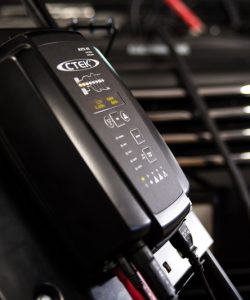
CTEK has a fast, safe and effective solution that will enable workshops to charge batteries without the removing the battery from the vehicle or interfering with vehicle servicing procedures. CTEK chargers are powerful, fully automatic switched mode battery chargers designed to offer outstanding levels of reliability, safety and efficiency. They are fully automatic, easy to use and require no specialist knowledge or monitoring – simply connect, forget and carry on with a normal service without worrying about the risk of overcharging and gassing.
CTEK battery chargers are compatible all types of lead acid vehicle battery including wet/flooded, calcium, gel, and Start-Stop AGM and EFB technology.

